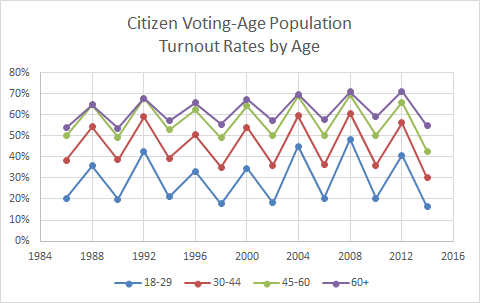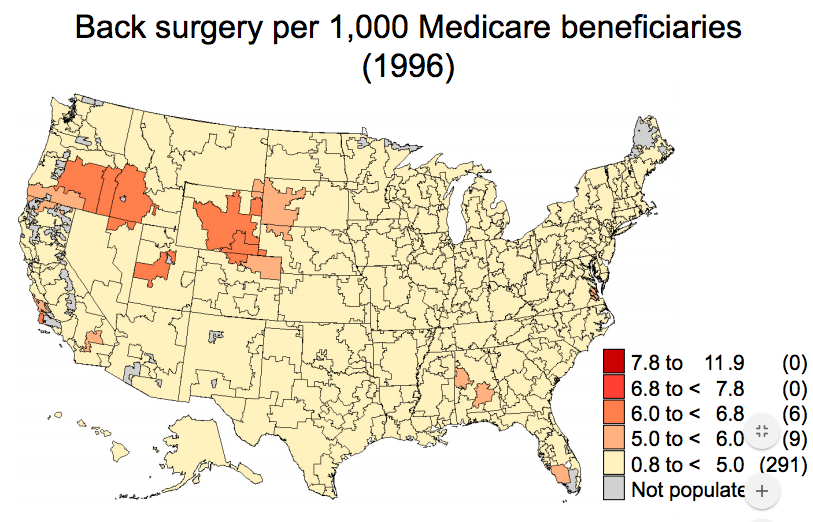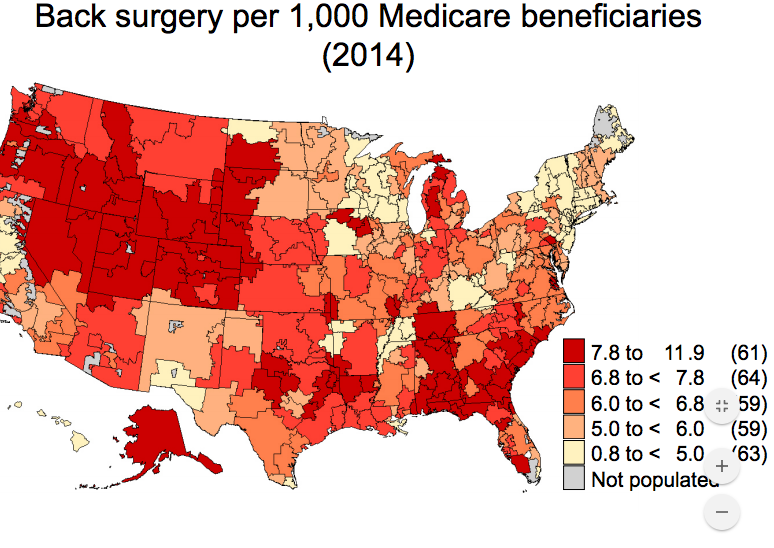The hands of the Deathwatch Clock have been moving back for some time now, signaling that your reporter believes the chances for ACA repeal have steadily receded.
The reason is clear – killing ACA would be politically devastating for Republicans, especially Republicans in vulnerable election districts. Two months ago I predicted ACA would not be repealed due to the political cost; if anything I feel more strongly today. Here’s why.
- The President has acknowledged healthcare is enormously complicated. Who knew? of course, MCM’s faithful readers knew…
- Governors could not come up with any consensus on what a replacement plan would look like, components thereof, funding, or even how to treat Medicaid.
- There is no consensus between Republican Congresspeople or Senators, with the Senate’s key leadership expressing notable reluctance to repeal without an agreed-upon replacement plan ready for a vote.
- Democratic Senators are – so far – standing unified in their opposition to repeal/replace. Without at least 8 Democrats, a replacement is a non-starter.
So, what’s going to happen?
Here, in order of likelihood, are my best guesses. I reserve the right to change the order based on future developments – or the lack thereof.
- Minor tweaking
Republicans will futz around with the mandate, premium supports, Medicaid funding, and a few other less-important aspects, call it a huge improvement, and be done. Dems will support these changes, as they’ve been trying to get their R colleagues to do this for years. - Nothing
Attempts to tweak ACA will come to naught as the House Freedom Caucus and arch-conservatives in the Senate will refuse to do anything until their party delivers on its campaign promises to “rip it out root and branch”. - Bigger tweaking
Remember – ACA includes major changes to Medicare reimbursement, medicaid expansion, the individual mandate, a variety of taxes and fees, medical education funding, and on and on. It does NOT lend itself to big tweaks, but some Republicans are hellbent on doing whatever they can that doesn’t require any Democrats to support it. For example, use reconciliation rules to block grant or per-capita cap Medicaid
When will this occur?
Next year is looking more and more likely, however insurers selling via the Exchanges will need some assurances within a month if they are going to feel any degree of comfort in setting rates.
Those assurances are anathema to the Freedom Caucus, so we may see a fist fight between that faction and more centrist Republicans in the House. The centrists will win that fight.
So, expect no practical changes to ACA thru the end of 2018. There will be much window-dressing as Republicans seek to show voters that they delivered on their promises, but it will be just that – window-dressing.
What does this mean for you?
Likely no major changes till 1/1/2019 – if then.






